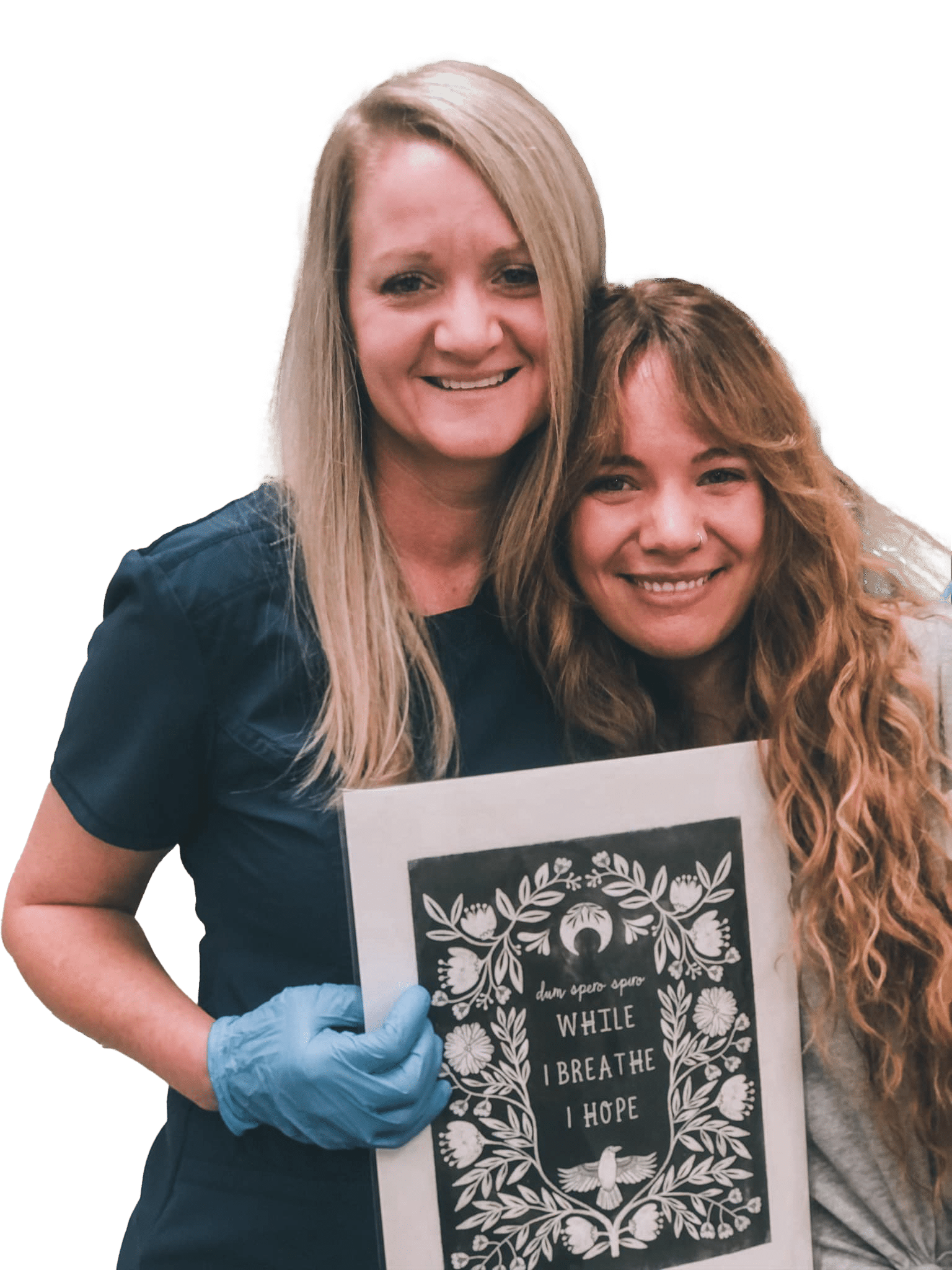Ehlers-Danlos syndrome (EDS) is a distinctive connective tissue disorder, but several other conditions bear some resemblance to it. Distinguishing between these can be challenging, particularly since many of them also involve issues with connective tissue or collagen. However, recognizing these similarities is vital.
Both EDS and Marfan Syndrome are classified as connective tissue disorders, yet they impact different areas of the body. EDS mainly affects collagen, whereas Marfan Syndrome involves fibrillin, a protein crucial for maintaining the elasticity of connective tissue.
Dr. Katinka notes, “The primary distinction is that Marfan Syndrome frequently results in cardiovascular complications, especially concerning the aorta, while EDS tends to lead to joint hypermobility, skin elasticity, and tissue fragility.” Individuals with Marfan Syndrome may also be taller, with longer limbs and a leaner physique, which is not commonly seen in those with EDS.
Commonly known as “brittle bone disease,” OI can sometimes resemble certain features of EDS. Both disorders can result in fragile bones and joints, but OI is mainly defined by recurrent bone fractures stemming from collagen defects.
Dr. Katinka clarifies, “While OI is centered on bone fragility and skeletal problems, EDS affects a wider array of connective tissues, including skin and blood vessels, and it generally does not lead to the same degree of bone fragility.”
This category of disorders is often associated with EDS due to the common symptom of joint hypermobility. However, HSD does not always present the same skin and tissue issues that EDS does.
Dr. Katinka emphasizes, “HSD is a spectrum, and while it includes hypermobile joints, it typically lacks the connective tissue fragility found in EDS and does not impact other body areas to the same extent.”


Start your patient journey with the Spero Clinic's neurologic rehabilitation program.
